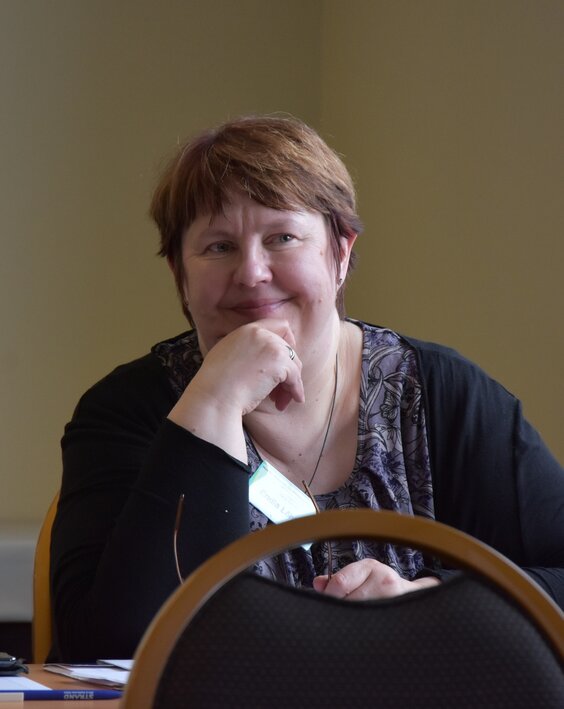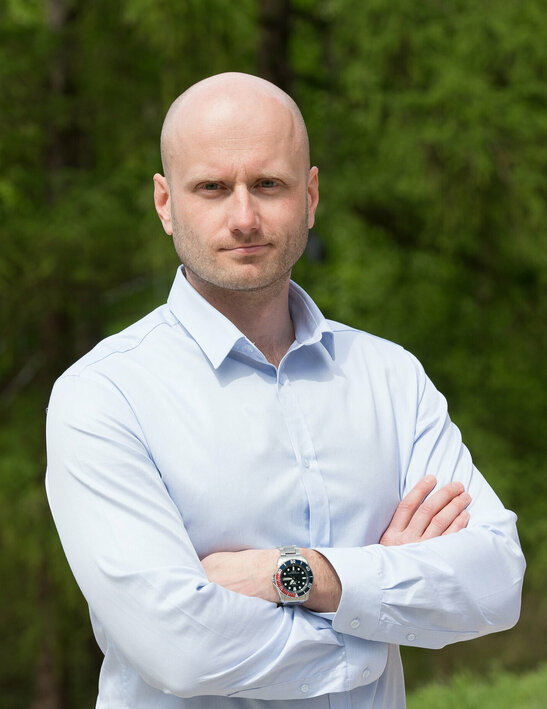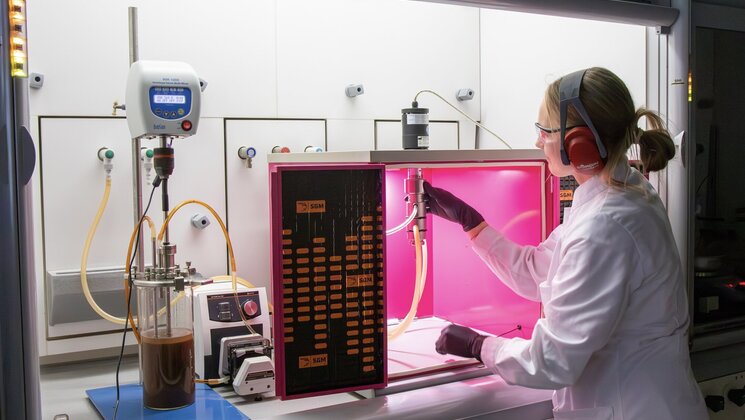WATCH RECORDING! Building bridges between science and society. Why and how to do cross-disciplinary research?

On 20 November, the University of Tartu Library hosted a conference focusing on the particulars of interdisciplinary and cross-disciplinary cooperation. The conference was be accompanied on 20–21 November by a short practical course for young researchers on the same topic. The simultaneous interpretation from Estonian into English was available during the conference.
Watch the recording on UTTV.
The need for cross-disciplinary collaboration is growing, both in tackling the world's clustering problems and in attracting research funding. According to Margit Keller, Dean of the Faculty of Social Sciences and the main organiser of the conference, there is quite a lot of experience in the field of interdisciplinary cooperation in Estonia, but it has largely not been systematically analysed. “From a global perspective, there is a wealth of methodological and also philosophical material on the processes and techniques of inter- and transdisciplinary science. This deserves to be shared, so that those interested in basic and applied science can be better equipped with the tools they need,” Keller explained.
Therefore, the conference presentations and the ensuing discussion will be driven by the questions of how to overcome the pitfalls of interdisciplinary and cross-disciplinary collaboration and how to broaden the research horizons through transdisciplinary problem-solving.
The opening keynote address will be given by Associate Professor Jonas Torrens from the Copernicus Institute of Sustainable Development at Utrecht University. Torrens will give a closer look at the experience gained in the compilation of a transdisciplinary research guide and in the work of the Centre for Unusual Collaborations. Alongside lessons from the Netherlands, he will also explore how universities can create a supportive environment for cross-disciplinary research.
The conference will be accompanied on 20–21 November by a short practical course for young researchers led by Torrens, within which participants can practise cross-disciplinary topic modelling between science and non-science areas, addressing different perspectives and methods of collaboration.
The working languages are Estonian and English; simultaneous interpretation from Estonian into English is available. The event is moderated by Margit Keller and organised in cooperation with the Dean of the Faculty of Social Sciences and the Centre for Sustainable Development of the University of Tartu.
|
Image

| Jonas Torrens Dr. Jonas Torrens is a transdisciplinary scholar and Assistant Professor at Utrecht University, specialising in sustainability transitions and innovation policy. With over a decade of international research, teaching and organisational experience at leading institutions, he focuses on the experimental and transformative practices that empower urban areas, local authorities, and civil society to navigate systemic transitions amid uncertainty. |
|
Image

| Endla Lõhkivi Endla Lõhkivi is an Associate Professor of Philosophy of Science at the Institute of Philosophy and Semiotics, University of Tartu. For the past nine years, she has been researching interdisciplinary research in the context of the Group Grant. In particular, he is interested in issues of scientific culture. |
|
Image

| Mihkel Solvak Mihkel Solvak is an Associate Professor of Technology Research and Vice Dean for Research and Development in the Faculty of Social Sciences. His research focuses on the digitalisation of the public sector, usage patterns and impacts of digital services. |
|
Image

| Kristiina Tambets Kristiina Tambets is a biologist by education and works as a Professor of Archaeogenomics at the Institute of Genomics, University of Tartu. Her research is related to the evolution of modern humans, more specifically to projects investigating the history of populations in Estonia and the Eastern Baltic Sea. Tambets has had the good fortune to work with scientists from a wide range of disciplines who are united by a desire to explore the story of the evolution of our genetic and cultural diversity. Their joint work in the University of Tartu's College of Interdisciplinary Studies in Archaeology, Genetics and Linguistics has grown into, among other things, one of Estonia's ten centres of excellence for cross-disciplinary research, called "Estonian Roots". |
Schedule
13:00–13:15 welcoming speech by Mari Moora, Vice Rector for Research and Professor in Community Ecology at the University of Tartu
13:15–14:00 Transdisciplinary collaborations: life cycle, pitfalls and supportive environment, Jonas Torrens, Associate Professor at Utrecht University
14:00–14:30 Challenges of interdisciplinarity. How do researchers perceive their role and opportunities in interdisciplinary research teams? (in Estonian), Endla Lõhkivi, Associate Professor of Philosophy of Science
14:30–15:00 Collaboration patterns at the University of Tartu. What do the data show? (in Estonian), Mihkel Solvak, Vice Dean of the Faculty of Sciences, Associate Professor of Technology Research
15:00–15:20 break
15:20–15:55 Opportunities and challenges for collaboration between scientists and humanities researchers in the study of the human past (in Estonian), Kristiina Tambets, Professor of Archaeogenomics, Head of the Estonian Roots: Centre of Excellence for transdisciplinary studies on ethnogenesis and cultural diversity
16:00–17:00 Discussion panel in Estonian “Main barriers to interdisciplinary cooperation and how to overcome them” held by Mari Moora, Andero Uusberg, Meelis Kull, Ivan Sergejev
17:00 Closing remarks






